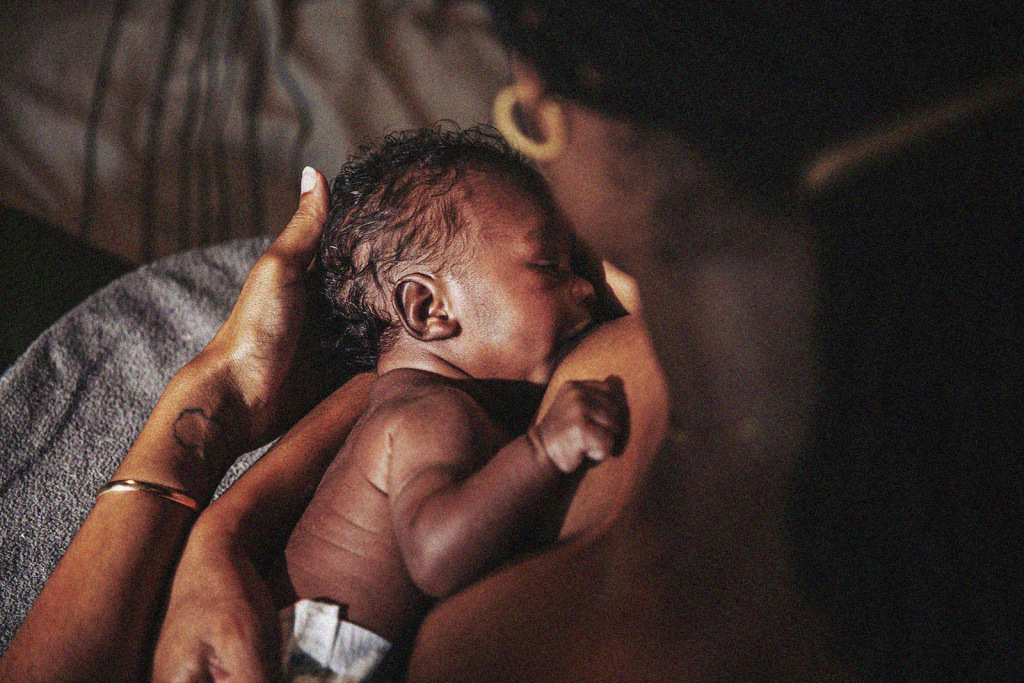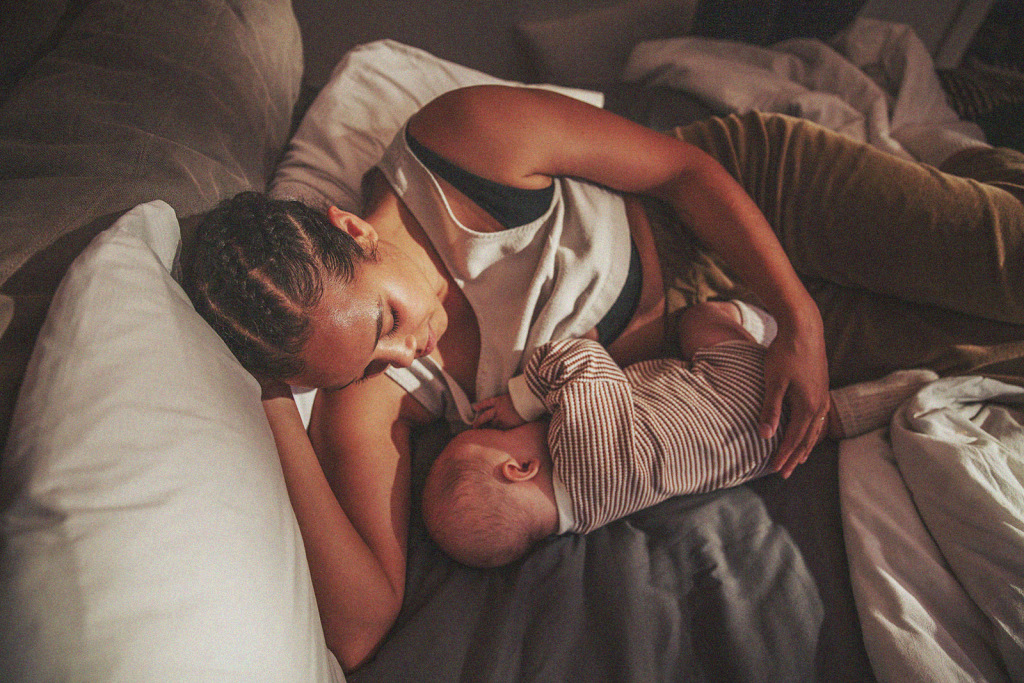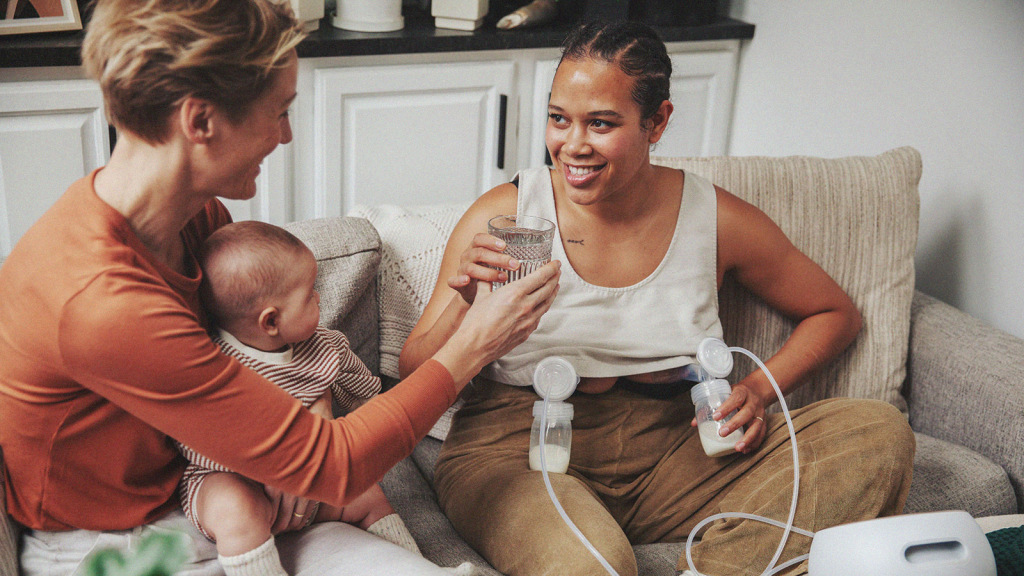Ask the IBCLC: How to Prevent Mastitis Over the Holidays
Holiday parties, out-of-town visitors, and more can all disrupt a new parent’s pumping schedule and even lead to mastitis, or breast tissue inflammation
The holidays can be chaotic. As a new parent, you likely have a long list of to-do’s, with events, travel plans, and end-of-year deadlines all vying for your attention. This season is also when International Board Certified Lactation Consultants see an increase in mastitis: Breast tissue inflammation that can lead to infection. Why? Anything that interrupts nursing or pumping patterns or decreases the release of breast milk can lead to milk stasis.
Mastitis is most common two to three weeks after delivery when parents and their babies are just beginning to get into a routine, but mastitis can occur at any stage of lactation. Inflammation typically comes on quickly and may be accompanied by symptoms such as a fever over 101.3°F, chills, aching, and an area of the breast that is painful and warm to the touch.
Watch for Feeding Cues
Get ready—everyone will want to see, hold, and interact with your baby this holiday season. After all, a baby’s first winter holiday season is not to be missed. However, you and your little one need each other, so be sure to set some parameters with your visitors before they arrive and limit their visits while you’re still figuring out this feeding thing.
Boundaries will help you keep a watchful eye on your child’s feeding cues and allow you to respond quickly, which is important because waiting too long to nurse or pump can cause engorgement. It can be more challenging for a baby to latch to an engorged breast, leading to skipped feeding and pumping sessions and possible lactation complications.
Don’t Rush
You have the perfect excuse to be late to dinner: Breastfeeding and pumping take time, so don’t fast-forward through a feeding or limit your time together. Skipping, delaying, or even rushing a feeding can all lead to lactation issues. And if you use a breast pump, bring along your accessories and set up somewhere comfortable. No matter what, allow yourself all the time and space you need to provide for your baby.
Relieve Pressure
Dressing in a bra or tight clothing can contribute to milk duct compression. Anything that puts pressure on your ducts—including carrying tight baby carriers or heavy cross-body bags—should be avoided for your breast health. Mammary tissue extends to your armpit, so be sure your breasts are well-supported without being compressed.
Heal Sores Quickly
Open areas or very sore nipples are an entry point for infection. If you are experiencing sore nipples, contact TLN. We can connect you with an experienced IBCLC and set up an in-home or telehealth consultation. Figuring out the source of your sore nipples and healing them quickly is critical to meeting your lactation goals.
Take Time for Yourself
We know the holidays are a magical but stressful time, as you run from one party to the next with a little one in tow. Stress and fatigue weaken the immune system, setting you up for infection. As a new parent, strive for good enough versus perfection this year. Though you may feel you’re not accomplishing everything that you wanted to, remind yourself that nourishing your baby is a huge job, and you’re kicking butt at it. In the midst of giving to others, give yourself the best gift of all: Time to put your feet up and rest when you can.
The team at TLN knows that feeding your baby doesn’t always come easy. We can set you up with an insurance-covered, 90-minute consultation with an expert IBCLC who will help you meet your feeding goals this festive season. We wish you and your baby a happy, healthy holiday!



